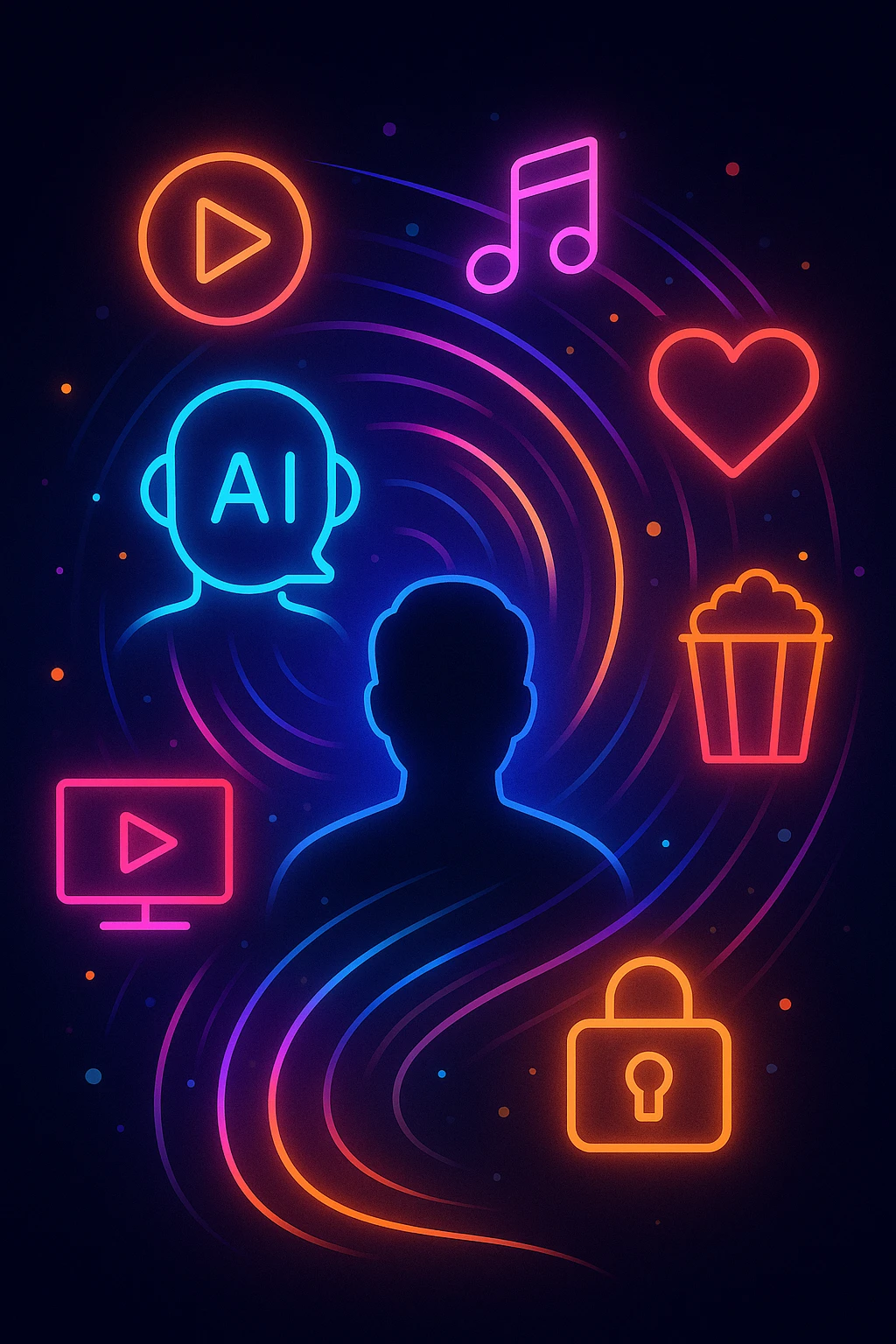Generative AI: Creativity in the Age of Algorithms – eglence.ai
The democratization of generative AI has opened new avenues for creators and audiences alike. Independent musicians can experiment with AI‑generated chord progressions, game developers can quickly populate virtual worlds with procedurally generated landscapes, and graphic designers can explore variations of logos or layouts at the click of a button. AI tools can even remix user‑generated content in real time, enabling interactive performances where the audience becomes part of the creative loop. This co‑creation blurs the line between producer and consumer: fans may submit lyrics to be transformed into songs or influence plot points in narrative games. As generative systems become more user‑friendly, they lower the barrier to entry for artistic experimentation, fostering a more inclusive entertainment landscape.
Alongside the excitement come ethical and practical challenges. Generative models are trained on existing works, raising questions about copyright, consent and compensation. Deepfakes — realistic fake videos or audio created by AI — threaten to spread misinformation and violate privacy. Biases in training data can propagate into generated content, reinforcing stereotypes or marginalizing certain voices. Responsible creators must therefore audit their data sources, obtain permissions and develop guidelines to ensure fairness. Furthermore, the unpredictability of generative systems means that human oversight is essential to maintain quality and narrative coherence. By embracing both the power and the limitations of generative AI, the entertainment industry can harness technology as an ally that enhances creativity rather than a force that undermines authenticity.
